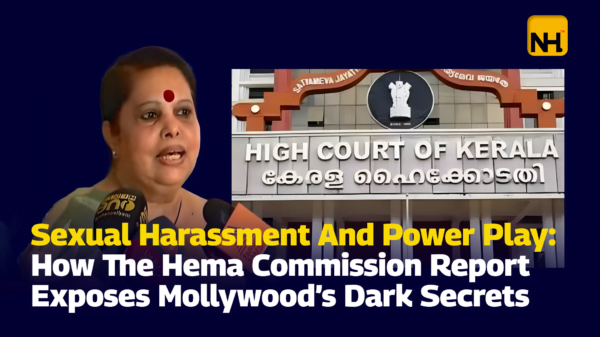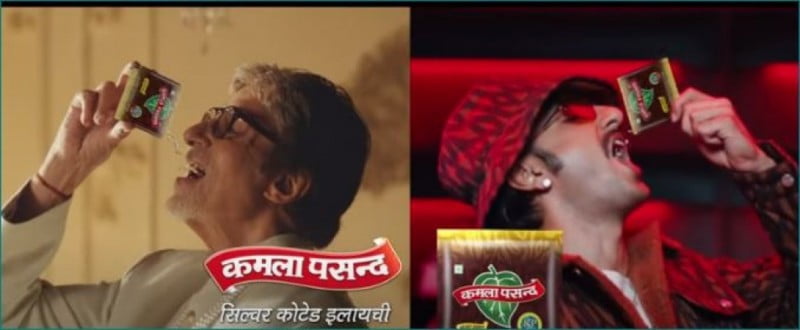Celebrities endorsing products is a very old advertisement trick.
But from time immemorial celebrities are also advertising for brands that are considered bad for the overall health of society.
The latest example is how celebrities of great stature like Amitabh Bachan and Shah Rukh Khan have worked in endorsement of Pan Masala, a thing which society has collectively decided to be not good for their health.

Shah Rukh Khan In The Vimal Add Along With Ajay Devgan
Credits:- Youtube
But the influence of these starts might increase consumption of these products, especially among the youth.
This is all about to change after the current Modi-led BJP government has notified tighter norms related to mass advertising in print, television and social media under The Consumer Protection Authority (Prevention of Misleading Advertisements and Necessary Due Diligence for Endorsement of Advertisements) Guidelines 2022.
What do these new regulations entail?
These new guidelines came into effect on Friday under the Consumer Protection Act.
The new framework bans surrogate ads — a common practice for liquor and chewing tobacco companies.
The guidelines also lay down sharper definitions of what constitutes “fair and valid advertisements”.
“There are already provisions to handle misleading ads, but the new guidelines make them more explicit and clearer to the industry, so they know what the framework is,” consumer affairs secretary Rohit Kumar Singh said.
The new regulation put some onus on the celebrity as it expects the celebrity to carry out “specific due diligence” while endorsing products.
The new regulations also make clear that the endorsement “must be based on adequate information about, or experience with the identified goods, product or service.”
Celebrities endorsing misleading ads can be fined up to ₹10 lakh by the consumer protection authority. For repeat offences, the authority can impose a fine of up to ₹50 lakh and a jail term of up to five years.
This is important at times when more and more celebrities are seen endorsing things like d gambling apps and chewing tobacco.
The new guidelines though it doesn’t include a definition of a celebrity, keep it wide and anyone understood to be a well-known or a famous person, such as actors or sportspersons can be considered a celebrity also encompassing generally unregulated brand ads done by social media influencers
. An advertisement will be considered non-misleading and valid only when it meets a set of criteria laid down in the new rules.
These include “truthful representations” that don’t “exaggerate accuracy, scientific validity or practical usefulness or capability or performance”.
Credits:- The Hindustan Times and Economic Times
Featured Image Credits:- Newstrack Live





















































































